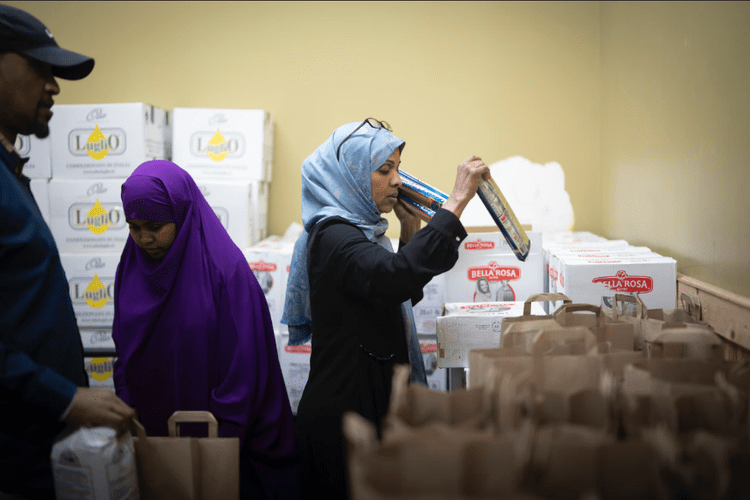In the heart of Minnesota, where the echoes of East African refugees reverberate through the state’s social, political, and educational landscapes, Isuroon stands tall as a beacon of hope and empowerment. Founded 13 years ago by the tenacious Fartun Weli, a Somali American woman with a personal history of overcoming adversity, Isuroon has evolved into a cornerstone nonprofit organization dedicated to supporting Somali and East African women along with their families.
Isuroon, a term translating to “women who take care of themselves financially, emotionally, and socially” in Somali, encapsulates the organization’s core ethos. From its modest origins in Weli’s small Hopkins apartment, Isuroon has burgeoned into a formidable force with a devoted staff of 38, many of whom share Weli’s experience as former refugees.
The organization diligently tackles an array of challenges faced by East African immigrants, offering comprehensive assistance with issues related to landlords, legal quandaries, and health concerns. Isuroon’s multifaceted programs span mental health counseling, financial literacy, and English as a Second Language (ESL) classes. Serving as cultural liaisons, the organization aids in navigating the complexities of a new culture and collaborates with local schools on initiatives combating drugs and violence.
As the New Year approaches, Isuroon envisions an ambitious future, including the inauguration of a women’s health clinic, the rollout of a program supporting women in business startups, and the provision of doula services for expecting and new mothers. Notably, ten women have undergone training for the doula program, underscoring Isuroon’s commitment to holistic community care.
Fartun Weli emphasizes that Isuroon’s approach is distinct—it’s not about handouts but providing a “hand-up.” This unique perspective has solidified Isuroon as a dependable one-stop shop for the East African community, as attested by Michael Luseni, principal of the Minneapolis Public School District’s Career and Technical Education program.
The recent decision by the Legislature to allocate $3 million for the renovation of Isuroon’s E. Lake Street offices underscores the organization’s impactful presence. Sen. John Hoffman, DFL-Champlin, introduced Weli to a Senate committee during appropriation deliberations, acknowledging her and Isuroon’s influential contributions.

The narrative of Fartun Weli’s life adds a poignant layer to Isuroon’s story. Born in Somalia 56 years ago, Weli faced hardships early on, losing her father at the tender age of 8. A move to Saudi Arabia in 1989 marked the beginning of her journey, where she worked in a local hospital, sending money back to her family in Somalia. Seeking broader horizons, she immigrated to California in 1999, facing the precipice of homelessness before finding refuge in Minneapolis.
Weli’s personal challenges, including infertility and societal judgment, fueled her determination to make a difference. In 2010, she founded Isuroon with a specific focus on aiding women facing fertility issues, connecting them with vital medical resources. Over time, Isuroon’s mission expanded to address various crises within the East African community, offering culturally specific services in the wake of family separation and the aftermath of civil war.
Despite Isuroon’s undeniable successes, operational challenges persist. Operating expenses in 2022 totaled $1.6 million, predominantly funded through federal, state, county, and city grants, as well as foundation grants and gifts. Sustainability remains a pressing concern, with most funding directed towards program offerings rather than bolstering staff salaries and benefits.
Isuroon’s impact extends beyond immediate assistance. Rep. Hodan Hassan, DFL-Minneapolis, acknowledges Weli’s hard work and commitment to truth, qualities that have propelled Isuroon’s expansion into diverse areas, transcending its initial focus on maternal health services.
As Isuroon strides into the future, the organization remains steadfast in its commitment to empower East African women and families. In Weli’s poignant words, “We came from a country where there was a civil war. There was family separation. There was a lack of culturally specific services.” Isuroon continues to fill that crucial gap, offering unwavering support, empowerment, and a pathway to self-sufficiency for East African immigrants in the rich tapestry of Minnesota.

